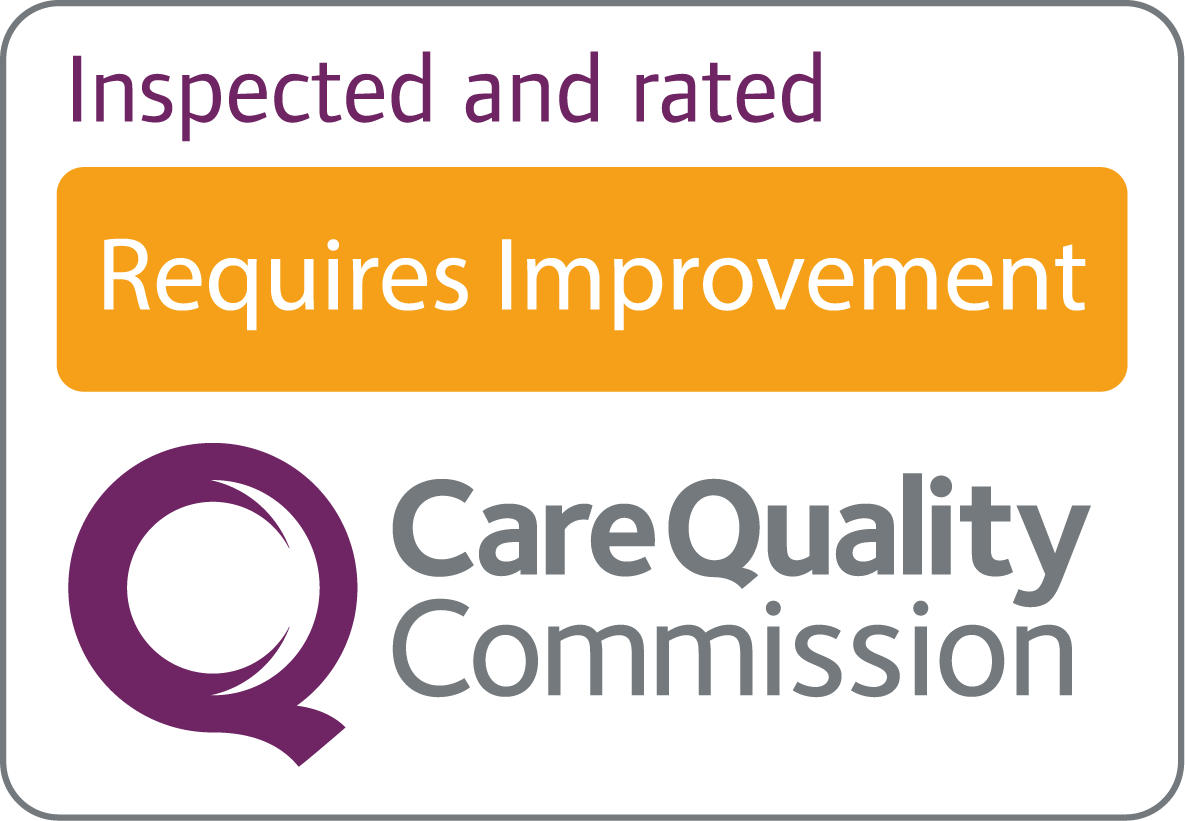
Exercise for depression
Depression can leave you feeling so low in energy, which might make you less active. Regular exercise can boost your mood if you have depression, and it is especially useful for people with mild to moderate depression.
Any type of exercise is useful, as long as it suits you and you do enough of it. Exercise should be something you enjoy; otherwise, it will be hard to find the motivation to do it regularly.
How often you need to exercise
To stay healthy, adults should do 150 minutes of moderate-intensity activity per week. If you haven’t exercised for quite a while, begin gradually and aim to build up towards achieving 150 minutes a week. Any exercise is better than none. Even a brisk 10-minute walk can clear your mind and help you relax.
How to get started with exercise
Find an activity you can do regularly. You can take part in a team sport, attend classes at a leisure centre, or just be more active in your daily routine by walking or cycling instead of travelling by car or public transport.
If being outdoors appeals to you, Green Gym projects, run with The Conservation Volunteers (TCV), provide exercise for people who do not like the idea of the gym or indoor exercise classes.
If you like walking, walking for Health groups can support people who have health problems, including mental health conditions.
Exercise on prescription
If you have not exercised for a long time or are concerned about the effects of exercise on your body or health, ask a GP about exercise on prescription. Lots of GP surgeries across the country prescribe exercise as a treatment for a range of conditions, including depression.
The National Institute for Health and Care Excellence (NICE) recommends that people with mild to moderate depression take part in about 3 sessions a week, lasting about 45 minutes to 1 hour, over 10 to 14 weeks.
The GP can help you decide what type of activity will suit you. Depending on your circumstances and what’s available locally, the exercise programme may be offered free or at a reduced cost.
Other help for depression
Many treatments are available for depression, including talking therapies, antidepressants and self-help of various kinds. If you have been feeling down for more than 2 weeks, see a GP to discuss your symptoms. They can tell you about the choice of treatment available for depression and help you decide what’s best for you.














